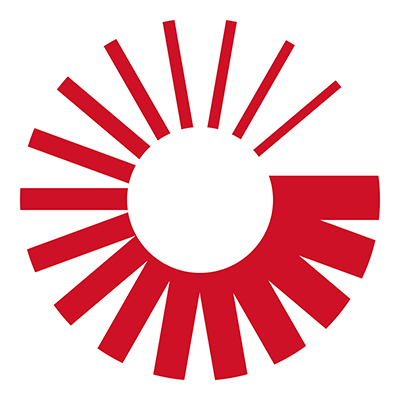Amid the eruption of the Israel-Iran conflict, defense stocks have logically rallied. RTX Corporation (NYSE:RTX) is one of the strongest stocks available to trade on the public market. The Iron Dome is directly co-developed and co-produced by RTX with Israel’s Rafael Advanced Defense Systems. RTX also works on David’s Sling interceptor missiles and the Patriot Missile systems, which are supplied by RTX to Gulf allies threatened by Iran and its proxies. RTX also benefits from consistent U.S. funding and political support, like $500 million annually for missile defense via the U.S.-Israel Memorandum of Understanding. Given the current geopolitical condition, RTX stock is well-positioned for substantial near-term upside. However, if diplomacy prevails and the hot conflicts in Iran and Ukraine ease in the medium term, RTX is unlikely to be a high-alpha holding.
As U.S. strategic support through annual military aid significantly underpins RTX’s missile-defense revenues, and there is strong U.S.-Israel cooperation, RTX shareholders are inevitably well-positioned for financial growth amid the current Israel-Iran conflict. In addition, ongoing bipartisan support in Congress for Israel’s missile defense systems further solidifies RTX’s long-term revenue visibility. However, China’s diplomatic engagements, such as brokering a Saudi-Iran detente, might limit extreme arms procurement, potentially capping RTX’s medium-term growth prospects. In my opinion, China’s approach thus far to the Iran-Israel conflict has been rational. Even though it did not support the Israeli interests of Iranian nuclear disarmament (which is unfortunate), it hasn’t encouraged escalation of the current hot conflict (which is positive). Trump has also vetoed the Israeli assassination of Iran’s supreme leader, which does open the door for de-escalation if both parties (particularly Iran) agree to stop conflict and Iran accepts U.S.-Israeli-led limitations on international nuclear proliferation.
RTX’s missile-defense segment (which is directly involved with supporting Israel) strongly contributes to the company’s nearly $100 billion defense backlog and ensures multi-year revenue stability. RTX’s operating profit margins are also solidly maintained at about 10% or more due to large-scale production of interceptors (Tamir, GEM-T missiles, Stunner interceptors) lowering per-unit costs, U.S. government co-funding reducing R&D (research and development) costs and improving overall profitability, and recurring maintenance and support contracts that are typically higher-margin than initial production contracts due to lower incremental costs. Understandably, some investors don’t want to be exposed to defense stocks, which creates some drag on returns from sentiment, but increasingly companies like RTX are viewed as necessary components of international security in light of hostile adversaries to the U.S.-led world order.
